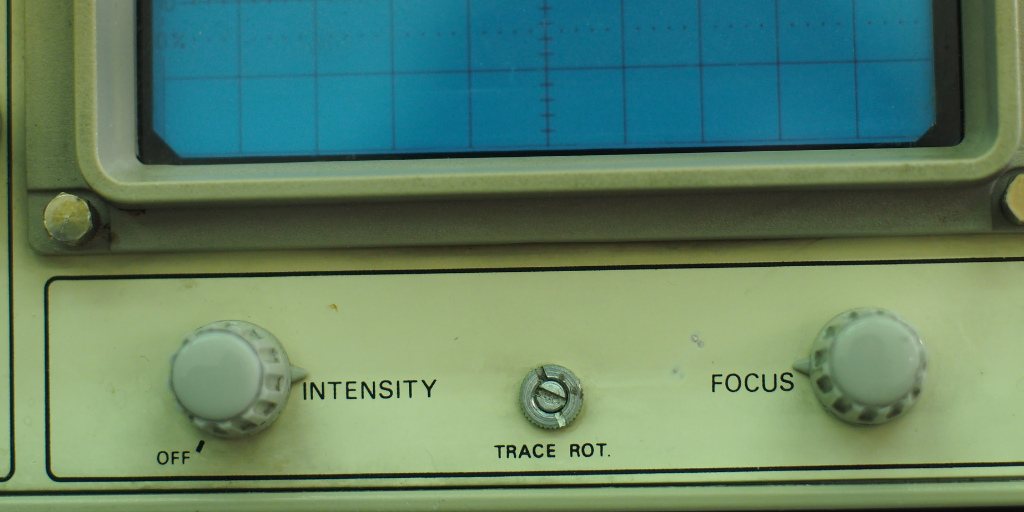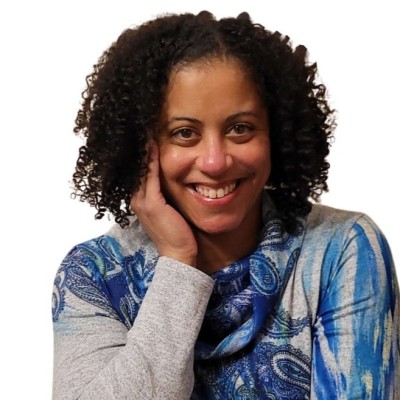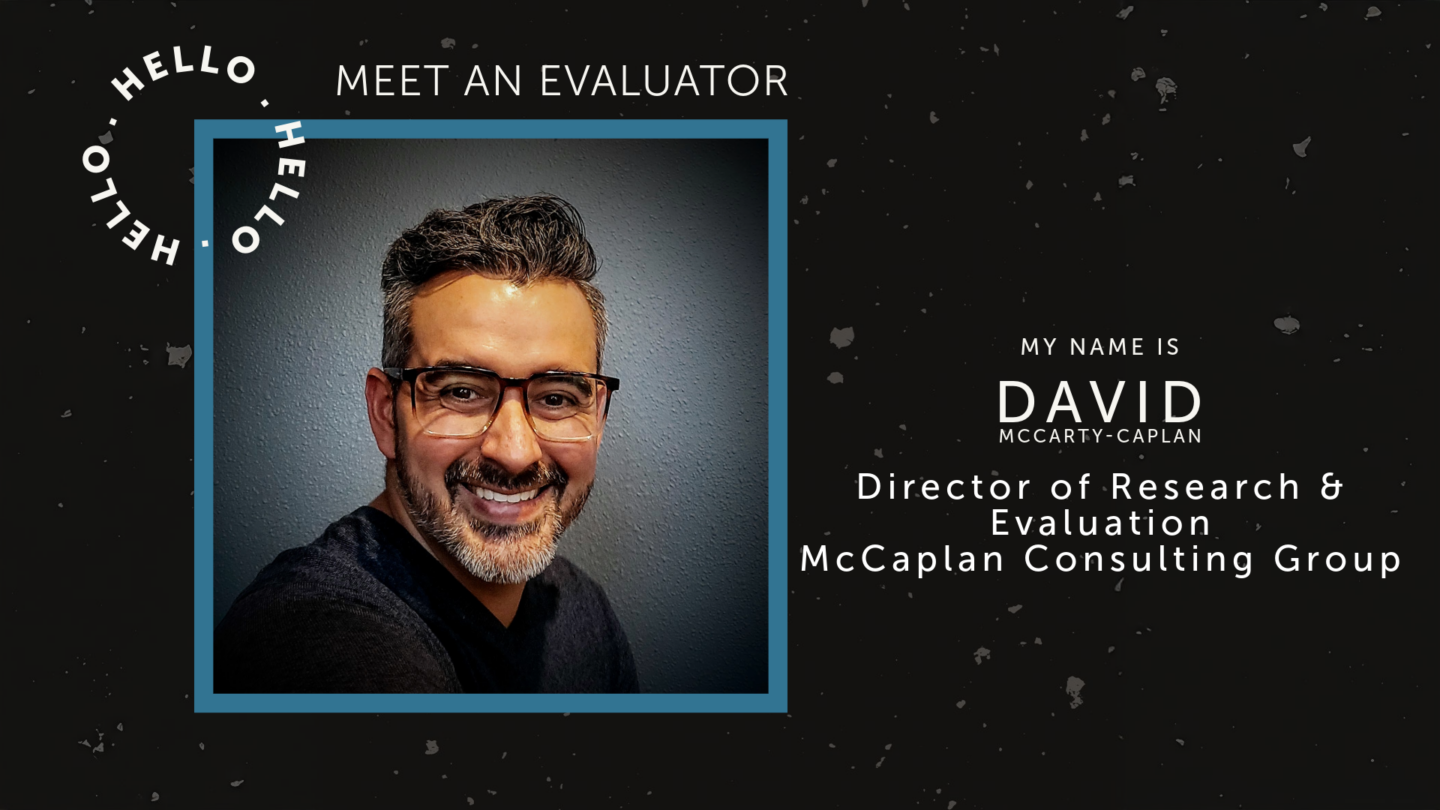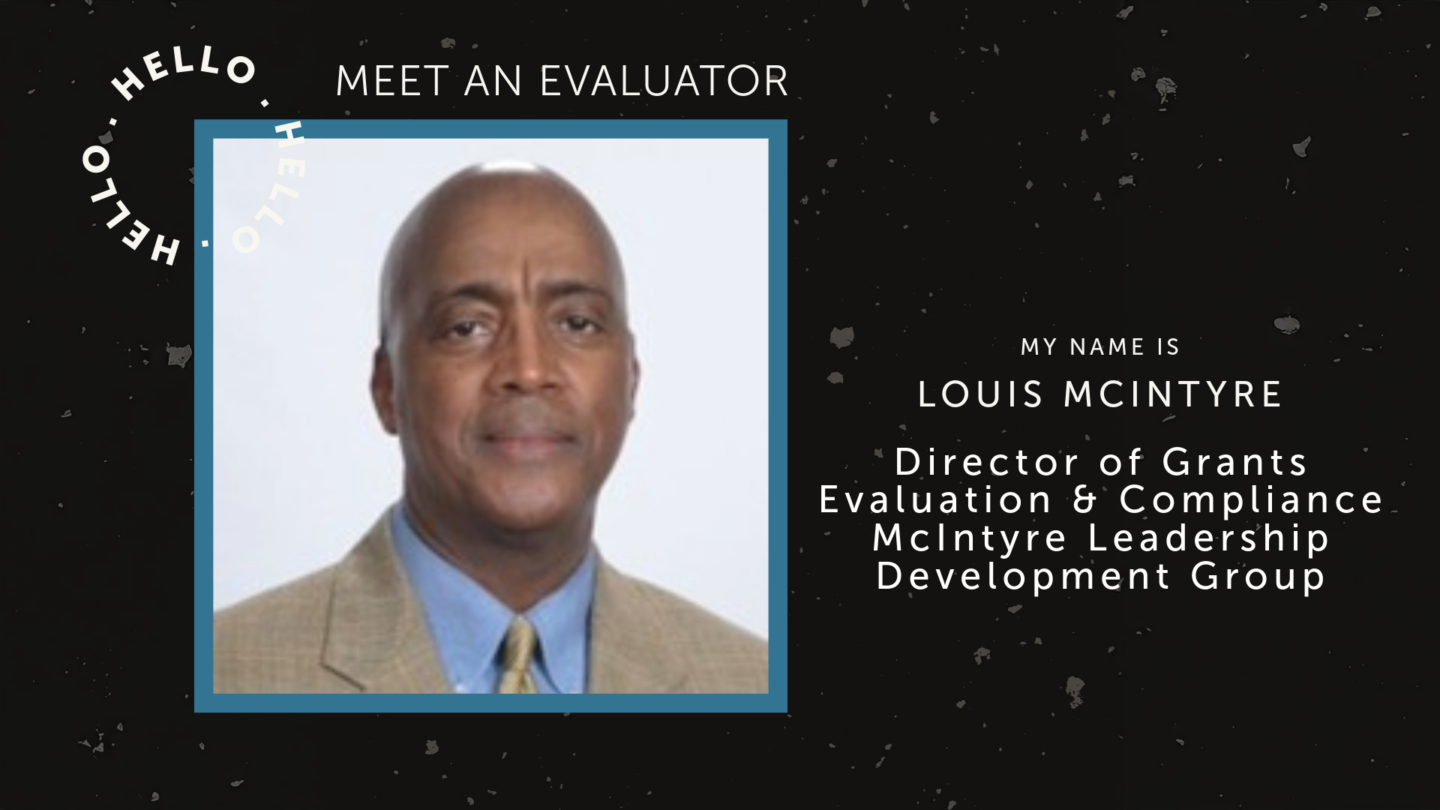
When performing grant evaluations, our clients develop specific project objectives to drive attainment of overall grant goals. We work with principal investigators (PIs) to monitor work plan activities and project outcomes to ensure objectives are attainable, measurable, and sustainable.
However, what happens when the project team encounters obstacles to starting the activities related to project objectives? What shifts need to be made to meet grant goals?
When the team determines that the project objective cannot be achieved as initially planned, it’s important for the PI and evaluator to determine how to proceed. In the table below, we’ve highlighted three scenarios in which it may be necessary to shift, change, or eliminate a project objective. Then, if changes are made, based on the extent of the project objective modifications, the team can determine if or when the PI should notify the project funder.
Example: Shift in Project Objective
| Grant Goal | Help underclassmen understand what engineers do by observing the day-to-day activities of a local engineer. | |
| Problem | The advisory board members (engineers) in the field were unavailable. | |
| Objective | Current: Shadow advisory board member. | Change: Shadow young engineering alumni. |
| Result | The goal is still attainable. | |
| PI Notify Funder | No, but provide explanation/justification in the end-of-year report. | |
Example: Change a Project Objective
| Grant Goal | To create a method by which students at the community college will earn a credential to indicate they are prepared for employment in a specific technical field. | |
| Problem | The state process to establish a new certificate is time consuming and can’t occur within the grant period. | |
| Objective | Current: Complete degree in specific technical field. | Change: Complete certificate in specific technical field. |
| Result | The goal is still attainable. | |
| PI Notify Funder | Yes, specifically contact the funding program officer. | |
Example: Eliminate the Project Objective
| Grant Goal | The project participant’s salary will increase as result of completing specific program. | |
| Problem | Following program exit, salary data is unavailable. | |
| Objective | Current: Compare participant’s salary at start of program to salary three months after program completion. | Change: Unable to maintain contact with program completers to obtain salary information. |
| Result | The goal cannot realistically be measured. | |
| PI Notify Funder | Yes, specifically contact funding program officer. | |
In our experience working with clients, we’ve found that the best way to minimize the need to modify project objectives is to ensure they are well written during the grant proposal phase.
Tips: How to write attainable project objectives.
1. Thoroughly think through objectives during grant development phase.
The National Science Foundation (NSF) provides guidance to assist PIs with constructing realistic project goals and objectives. Below, we’ve linked to the NSF’s proposal development guide. However, here are a few key considerations:
- Are the project objectives clear?
- Are the resources necessary to accomplish the objectives clearly identified?
- Are their barriers to accessing the resources needed?
2. Seek evaluator assistance early in the grant proposal process.
Link to additional resources: NSF – A Guide for Proposal Writing

Except where noted, all content on this website is licensed under a Creative Commons Attribution-NonCommercial-ShareAlike 4.0 International License.






 EvaluATE is supported by the National Science Foundation under grant number 2332143. Any opinions, findings, and conclusions or recommendations expressed on this site are those of the authors and do not necessarily reflect the views of the National Science Foundation.
EvaluATE is supported by the National Science Foundation under grant number 2332143. Any opinions, findings, and conclusions or recommendations expressed on this site are those of the authors and do not necessarily reflect the views of the National Science Foundation.